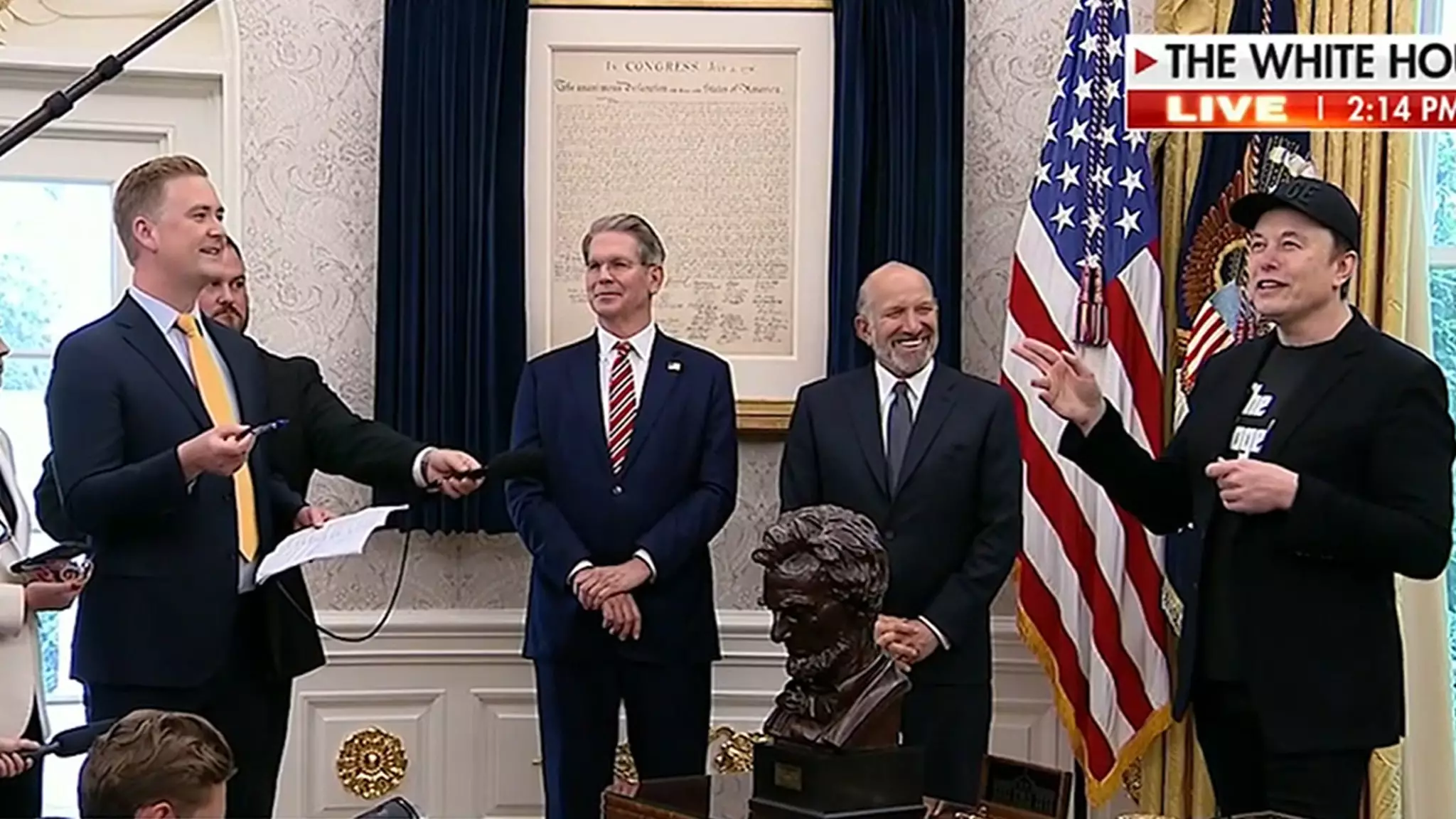In the ever-shifting landscape of public attention, few figures can stir controversy like Elon Musk. Recently, Musk found himself in the center of a media tempest sparked by a report from The New York Times (NYT) alleging serious drug use. Musk dismissed the claims with scorn, accusing the NYT of being a disreputable source. What seems to be a simple dispute between a media outlet and a billionaire entrepreneur is, in fact, emblematic of larger issues surrounding trust in journalism, the potency of social media narratives, and the evolving dynamics of power among public figures.
Musk’s robust dismissal of the NYT not only reflects his self-confidence but also embodies a unique form of celebrity culture in which public figures can effectively act as their own spin doctors. Such a dynamic raises questions about accountability—if one can outright reject unpleasant truths surrounding their life, what does this mean for the integrity of the media? Musk’s comments stand out particularly because he failed to deny the core of the NYT’s allegations about his drug use, instead choosing to focus his vitriol on the reputational worth of the newspaper itself. By criticizing the publication’s record, especially regarding the “Russiagate” scandal, Musk attempts to shift the conversation away from his personal struggles and into familiar, politically charged territory.
The NYT: A Beacon of Credibility or a Fading Institution?
The NYT has long been celebrated as a bastion of investigative journalism, but critics argue that it has lost its way, particularly in the era of hyper-partisan politics. Musk’s remarks serve as a catalyst for re-evaluation: is the NYT still relevant, or has it succumbed to sensationalism? The paper’s response to Musk’s tirade emphasized a commitment to its rigorous reporting and a confident assertion that their investigation would stand tall in court. However, the fact that such defenses are becoming necessary highlights a discrepancy in the perception of journalism in modernity—where social media opinions can alter public perception faster than factual corrections can be published.
Musk’s influence makes his critiques potent but also reveal a certain irony; while he criticizes the NYT for perceived bias, he himself is a polarizing public figure whose statements cleanse or complicate public narratives in real time. This phenomenon leads to a complex relationship between media and celebrity culture, where the lines between truth, perception, and opinion are more blurred than ever before.
The Art of Deflection: Musk’s Strategic Mastery
What makes this exchange fascinating is Musk’s remarkable ability to navigate controversies through deflection. Rather than engaging with the specific details of the drug allegations, he cleverly redirects attention to the perceived failures of the NYT. In an age where authoritative voices are continually being drowned out by influencer-driven landscapes, Musk embodies a larger trend wherein personal narratives dominate political and media discourse.
Moreover, Musk’s timing couldn’t be more pointed. Announcing his departure from D.C. at a pivotal moment in his career—a farewell press conference that juxtaposes the gravity of drug claims with the insignificance of media criticism—he artfully crafts his public identity. The narrative he spins captures public imagination, portraying him not just as a business mogul but as a renegade hero fighting against a monolithic establishment. The juxtaposition of Musk’s black eye, a physical manifestation of struggle, adds depth to his persona—an emblem of defiance, resilience, and raw emotion.
The Ripple Effect of Celebrity Accountability
Musk’s exchange with the NYT encapsulates broader trends affecting not only the realm of media but also public accountability and personal transparency in the public sphere. His rejection of the article’s credibility raises ethical questions about trust in journalism and the implications of personal reputation on traditional reporting standards. This internal struggle may resonate beyond Musk, affecting societal expectations of accountability for other public figures.
Additionally, the public’s appetite for scandal—what it chooses to amplify and what it chooses to vilify—will continue to evolve. As individuals like Musk employ their platforms to dictate the narrative, an increasing number of voices are finding power in the chaos of media relationships. Whether this leads to a further deterioration of journalistic standards or a new era of accountability remains to be seen, but the stakes are undoubtedly high. As consumers of both news and celebrity narratives, we must remain vigilant, dissecting the complex dance between truth, perception, and the power dynamics that dictate the public dialogue.

